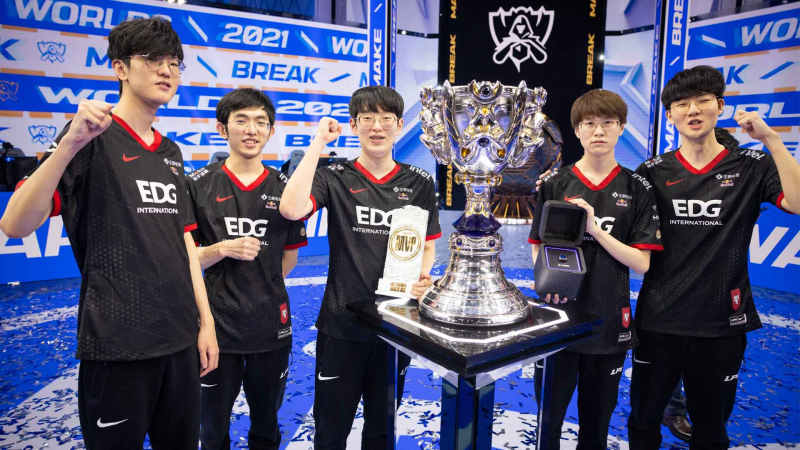College gaming has changed from a casual hobby to a legit varsity sport over the past decade. Students now compete for real scholarships while building careers that go far beyond a professional playing career.
Robert Morris University broke ground in 2014 by offering the first esports scholarships in America. Fast forward to today, and over 260 schools participate through organizations like NACE. This creates pathways for thousands of student-athletes who once only dreamed of combining gaming with education.
Real Money Equals Real Opportunities
Schools now provide esports scholarships that range from $1,000 to $6,000 annually, with some programs providing full scholarships to top players. In 2024, NACE member schools handed out $46 million in esports scholarships and financial aid nationwide.
These scholarships pull in serious talent from around the world who want both education and competition. Programs require minimum GPAs between 2.0 and 2.5, making sure players stay focused on academics alongside gaming.
On top of classwork, students practice 15 to 20 hours weekly with professional coaches breaking down every match. The setup mirrors traditional athletic programs with team meetings, film sessions, and mental health support.
Championship Programs Set the Standard
Maryville University's League of Legends team went undefeated in 2024, winning the NACE Fall national championship. The program has claimed multiple national titles and competes at the highest college level while keeping academic standards high.
Meanwhile, Northwood University owned 2024 by winning the national championship in Valorant. Their program has earned its spot as one of America's premier college esports dynasties with back-to-back championship runs.
Utah made history in 2017 as the first Power 5 school to launch varsity esports. ESPN covered the announcement because major athletic conferences entering esports showed the industry had reached mainstream acceptance.
Now betting markets track collegiate matches like traditional sports through platforms like https://betinasia.com/. When professional sportsbooks offer lines on college games, the legitimacy question gets answered for good.
Beyond Playing: Multiple Career Paths Open Up
Most players won't turn professional, and that's perfectly fine given the career options esports creates. Schools combine competitive play with coursework in game development, broadcasting, marketing, and team management.
As a result, students graduate with real experience in tournament operations, content creation, sports analytics, and sponsorship deals. The industry needs professionals across dozens of roles, from coaching to event production to social media.
Programs teach students how competitive gaming actually works at every level, from campus clubs to global championships. This hands-on experience translates directly into employment after graduation.
Investment Drives Growth
The global esports market hit $2.22 billion in 2024, with forecasts showing continued double-digit growth. By 2029, experts expect the market to reach $6.51 billion, nearly tripling in just five years.
To support this boom, schools build dedicated facilities with high-end gaming equipment, streaming setups, and practice spaces. Championship events now pull in over 100,000 viewers at once through Twitch and YouTube streaming platforms.
The National Association of Collegiate Esports gives structure and rules to varsity programs across North America. Member schools share best practices and coordinate competition schedules. Most importantly, they ensure that academic standards remain at the forefront.
The Future Looks Strong
College esports isn't experimental anymore. Regional conferences run structured seasons just like basketball and football, and young players watch their teammates go from high school to college teams to pro contracts. Ten years ago, that path didn't exist. Today, it's how players make it.
Ready to see which college esports program fits you? Why not check out team rosters, scholarship offerings, and championship records before you commit? The next generation of esports stars is already grinding on campus.

